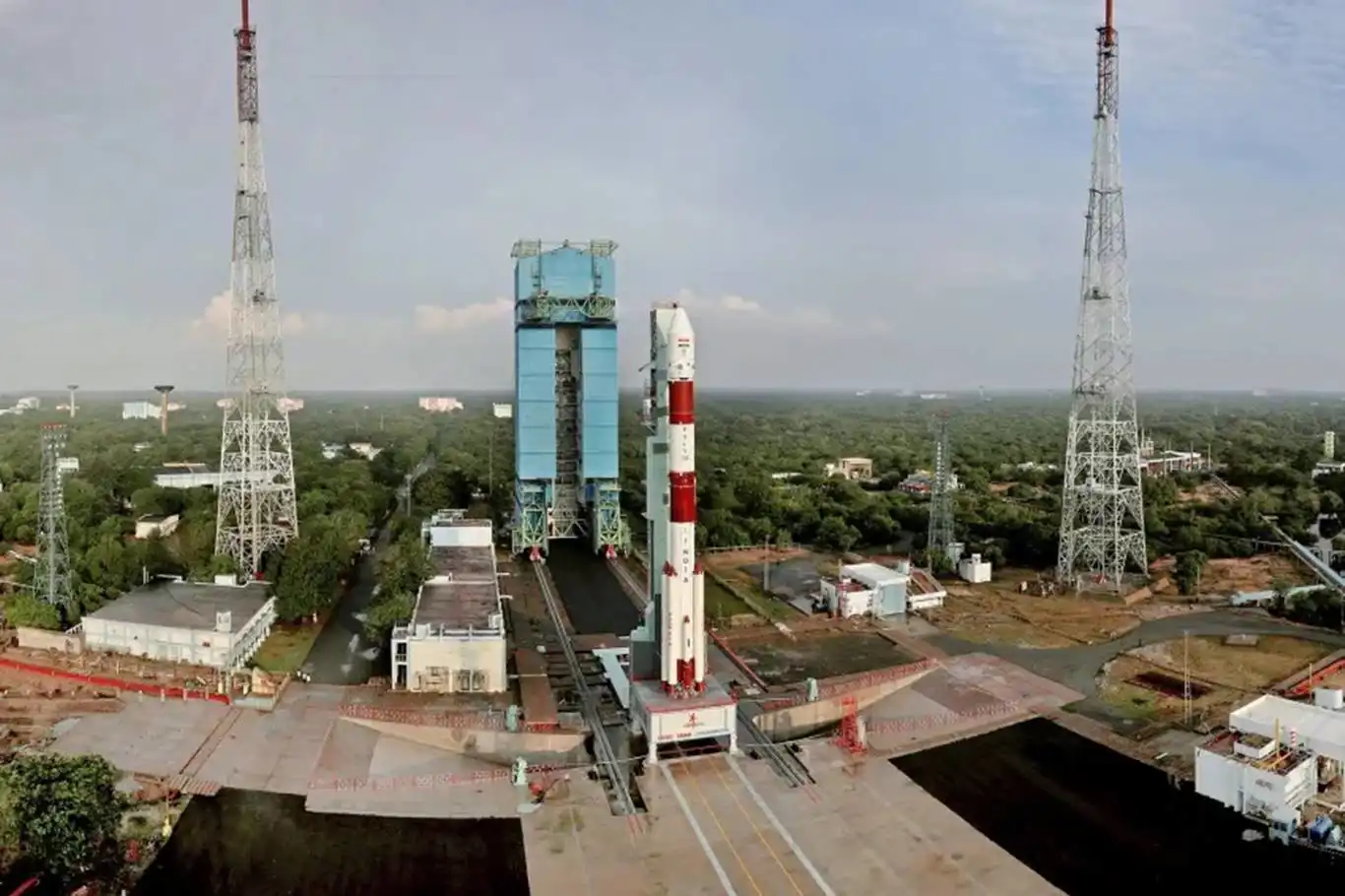India delays space docking experiment for second time


The Indian Space Research Organization (ISRO) has announced a second delay in its Space Docking Experiment (SpaDeX) mission, citing unexpected drift between the two spacecraft.
The mission, which aims to demonstrate India's orbital docking capabilities, was initially scheduled for January 6th but was postponed due to the need for further ground simulations.
On Wednesday, ISRO revealed that while SpacecraftA successfully reduced the distance from 500 meters to 225 meters, the satellites drifted further apart than anticipated during a period of non-visibility.
The SpaDeX mission, launched on December 30th aboard a PSLV-C60 rocket, involves two small spacecraft designed to rendezvous, dock, and subsequently undocking in low-Earth orbit.
ISRO has not yet provided a revised timeline for the docking attempt.
This mission is a crucial step in India's space exploration program, paving the way for future missions that require complex maneuvers such as docking and refueling in space. (ILKHA)
LEGAL WARNING: All rights of the published news, photos and videos are reserved by İlke Haber Ajansı Basın Yayın San. Trade A.Ş. Under no circumstances can all or part of the news, photos and videos be used without a written contract or subscription.
The US National Aeronautics and Space Administration (NASA) has announced the successful completion of the assembly of the Nancy Grace Roman Space Telescope, marking a major milestone toward its upcoming launch and future scientific operations.
OpenAI has announced the release of a new version of ChatGPT Images, powered by its latest flagship image generation model, bringing faster performance and more precise image editing capabilities to users.
Malaysia’s communications regulator announced on Monday that major internet messaging and social media platforms with at least eight million users in the country will be automatically deemed registered as Class License holders beginning Jan. 1, 2026.
Artificial intelligence has, for the first time, been used to autonomously guide a free-flying robot aboard the International Space Station, marking a significant breakthrough in space robotics and autonomous mission operations.